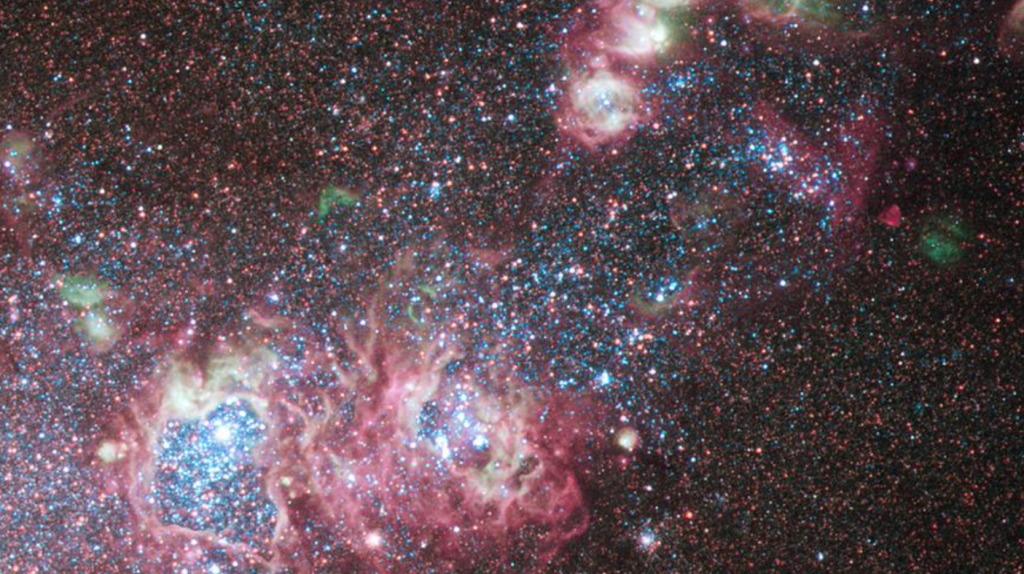Is a god necessary for morality? This is the ninth of a series of short posts about whether gods exist and why the question is an important one.
The moral argument takes various forms, and this is typical of them:
- If God does not exist, objective moral values and duties do not exist
- Objective moral values and duties do exist
- Therefore, God exists
 |
| Photo – dwarf galaxy NGC 4214 from NASA & ESA/Hubble |
Premise 1, ‘If God does not exist, objective moral values and duties do not exist,’ begs the question. It only works if you define God as the source of morality.
I could just as easily argue that ‘If the morality quark does not exist, objective morality does not exist.’ It doesn’t make it true.
Premise 2, ‘Objective moral values and duties do exist,’ is debatable, although I personally agree with it. I will address why in a later post, and I will outline how morality is an evolved attribute of our brains as social animals.
The conclusion, ‘Therefore, God exists,’ only follows if you accept the implied starting definition of God as the source of morality.
Many theological arguments for God are like this. They are essentially wordplay, trying to define something into existence.
For example, some theologians will make the argument that the universe must have had a cause, and that cause is what they call God. Then they casually add on their preferred personal attributes to that idea of god.
I don’t agree that the universe must have had a cause. But even if I did, there is no route from that to any particular idea of a personal god that tells us what is right and wrong.
I call this the Morality from Creation Argument:
- The Universe might have begun to exist
- The Universe might have had a cause
- Therefore, you cannot wear condoms







No comments